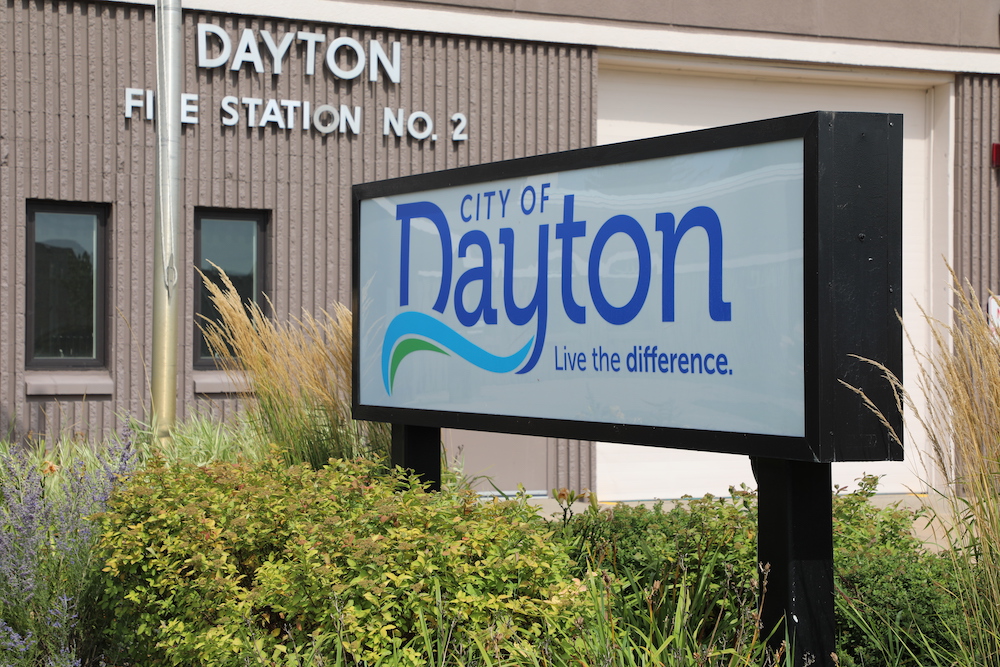Statement from Housing First Minnesota on Court’s Decision Barring the City of Dayton’s Off-Site Traffic Impact Fee
Hennepin County District Court has sided with Housing First Minnesota and ruled that the city of Dayton’s off-site transportation charge is an illegal fee and that the city is permanently barred from using such a fee. David Siegel, executive director of Housing First Minnesota, released the following statement on Friday’s ruling in Housing First Minnesota v. City of Dayton:
“This is a victory for homebuyers in the city of Dayton,” said Siegel. “We are pleased that the court’s judgement was in line with previous rulings on this issue. Cities have multiple options to fund street improvements and developments already pay for all infrastructure related to the project. Attempting to require an illegal tax on new homeowners creates an unnecessary barrier to homeownership for Minnesota families.”
In July of 2019, Housing First Minnesota sent a letter to the City of Dayton urging them to halt any imposition of illegal off-site street fees. Dayton disregarded this recommendation and preceded with their off-site transportation charge.
In August, Housing First Minnesota filed legal action challenging this fee in Hennepin County District Court. On Friday, Hennepin County Judge Susan Robiner granted Housing First Minnesota’s motion for summary judgement and declared their Dayton’s ordinances illegal, null, void, and unenforceable.
“There is no evidence that these payments are optional or voluntary, when a developer must choose one of the two options both of which require some type of payment before obtaining approval. And even though the city may give developers the opportunity to only pay for their proportional share of the improvements, both options make payment mandatory for approval and do not allow for a return of funds for the developers, as is required under Minn. Stat. 462.358, as interpreted by Harstad v. City of Woodbury,” stated Judge Robiner
The money the City of Dayton attempted to collect via its illegal off-site transportation fee was in addition to the roads, trails, parks, sewer, water, storm sewer and other infrastructure that new-home buyers already fund, which amount to tens of thousands of dollars per home.
Housing First Minnesota leadership is available for additional comment upon request.
Background
Under Minnesota State Law, municipalities do not have the authority to collect off-site traffic impact fees, which can add thousands of dollars to the cost of new homes, apartments and senior living centers. The Minnesota Supreme Court has twice unanimously ruled against cities’ attempts to collect these fees.
The most recent ruling, 2018’s landmark Harstad v. Woodbury decision, expanded the limits of municipal powers by stating that when negotiating the approval of new developments, cities cannot condition project approval on the payment of unlawful fees or any other unlawful concessions.
Following the Harstad decision, the City of Dayton enacted a moratorium for 10 months in September 2018, halting the approval of new developments. In July 2019, the City of Dayton approved its deposit system, which forced developers into paying an unlawful traffic fee. By not paying the unlawful fee, development would be delayed, and a likely higher fee would be imposed without the ability to challenge the increased and unlawful fee.

